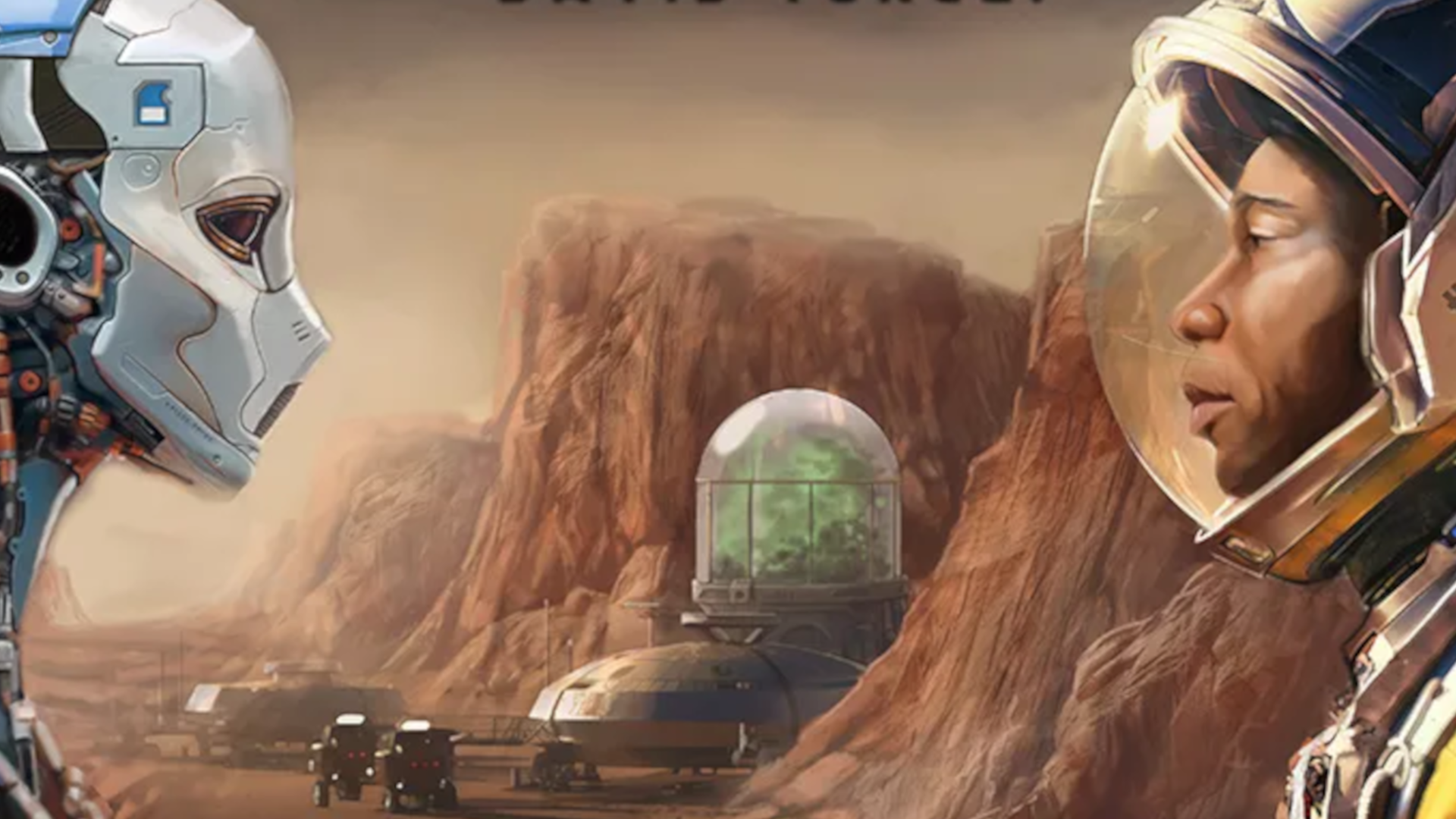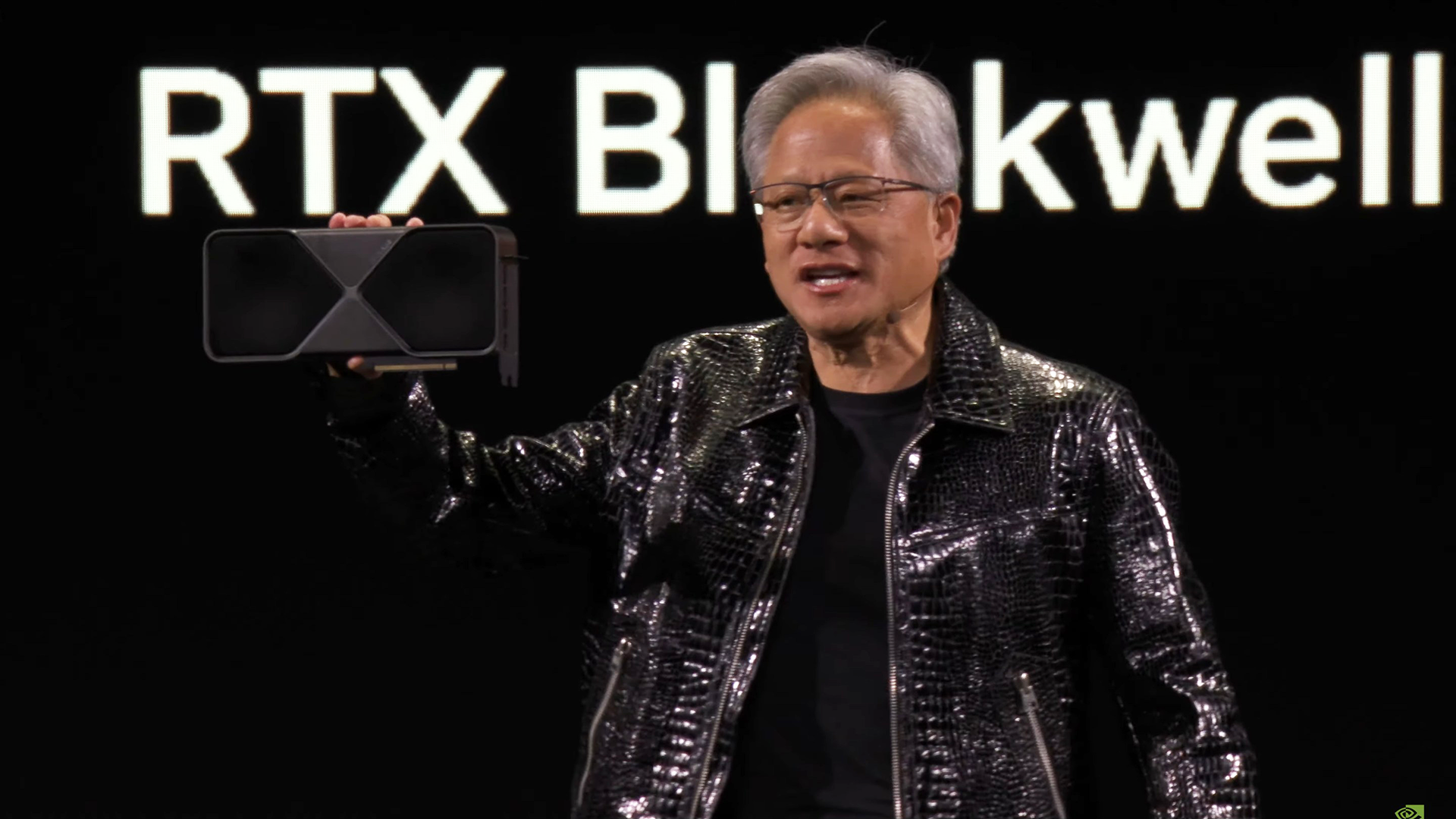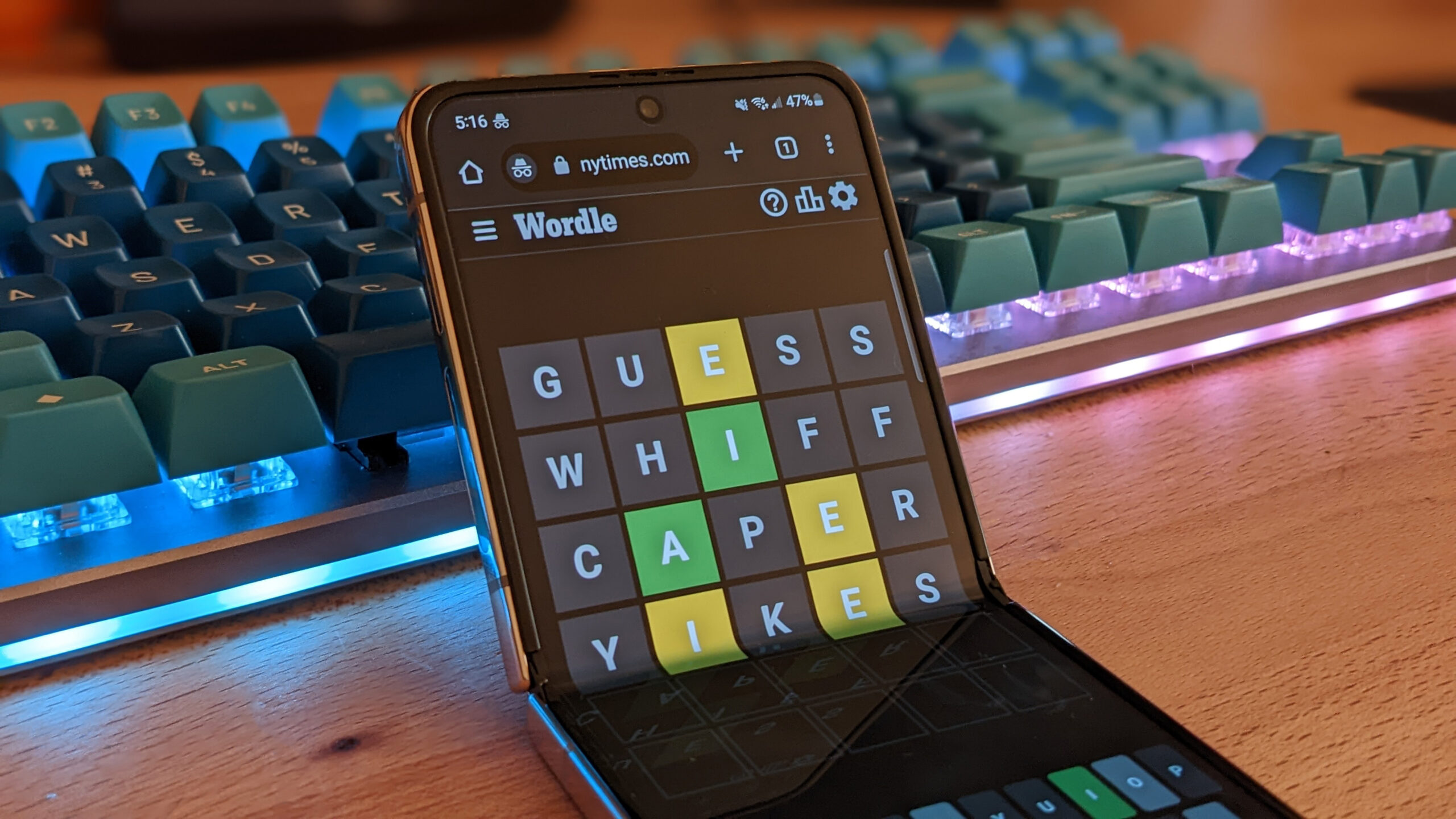It’s been less than two months since Kickstarter updated and outlined its policy on AI art, and it’s already not going well.
The policy states that while Kickstarter is “on the side of creative work and the humans behind that work,” projects will be approved based on “what those tools are, and how you’re planning to use them.” The rest of the policy does not explicitly forbid AI generation in Kickstarter projects. Instead, it broadly asks for full transparency.
The issue remains, however, that AI art tools need heaps of reference material to work. They only function if they’re hooked up to a database, one which allows the program to make (very accurate) guesses as to what it should make in response to a prompt. While the end result may look bespoke, for many artists this data-scraping feels like outright theft. At the start of this year, a massive class-action lawsuit was filed against these tools, as the class-action itself noted:
“DreamStudio and other image-generation products charge users per ‘generation,’ but none of that revenue goes to the artists who created the works those generations are based on. Even if the prompt is ‘Dragon in the style of Artist Doe,’ Artist Doe is not compensated, nor are they even consulted or told before these products are built on their work.”
Kickstarter does call for a “Consent & Credit” policy, noting: “if the database or source provider doesn’t have processes or safeguards in place to manage consent, such as through an opt-out or opt-in mechanism, then Kickstarter is unlikely to allow your project.” This policy does not appear to have played out in quite the way a concerned artist might’ve hoped.
The Kickstarter for “More Terraforming Mars!” promises an expansion to FryxGames’s 2016 board game, which grew so popular as to receive a video game adaptation. At the time of writing, the base game’s still ranked 6th on BoardGameGeek, below games like Ark Nova and Gloomhaven.
The Kickstarter has gathered over $1.5 million from over 13,000 backers, but it only answers the demands of Kickstarter’s Consent & Credit policy with a bit of a shrug: “We were not involved in the development of any of the AI tools used in this project, we have ourselves neither provided works nor asked for consent for any works used to produce AI-generated content.” It also mentions that it used “MidJourney, Fotor, and the Adobe Suite of products”. MidJourney is one of the AI programs explicitly mentioned in the above lawsuit, so alarm bells are already ringing.
Polygon interviewed Travis Worthington, president of Indie Games Studios (which includes Stronghold Games as per a merger in 2018). Worthington says that he’d “love to see a model that is based on consent … I think that that’s where this could go, and I’d be 100% supportive of that approach.”
That’s not the current reality of development at Stronghold Games, however. Worthington seems to imply that a consent-based model isn’t feasible anywhere: “the tools we use are not based on a consent model, nor is there, to my knowledge, any AI tools that are based 100% on a consent model.”
When asked about his thoughts on Wizards of the Coast’s decision to swear off AI art for the foreseeable future, Worthington reportedly laughed and replied “I think it’s going to be impossible to enforce … The progress on the AI art and the models has been astronomical. And the iterations of the tools and technology are advancing so quickly that I think, even now, it would be almost impossible for us to contract with outside artists and have any degree of certainty that they’re not using AI themselves.”
This does, to me, seem a touch like washing one’s hands of the responsibilities Kickstarter asks for. Besides, Stronghold Games has raised 12,000% of its desired funding, so it’s not like they’re struggling to pay a wider team of illustrators. “I think the biggest reason why FryxGames, and quite honestly ourselves, are using this is not the cost savings but the development time … projects that we’re working on together are coming to market much more quickly than they would have otherwise.”
But when it comes to shielding artists from the harm AI tools can cause, Worthington seems to think the cat is too far out of the deep-learning bag: “Using [AI tools] as an automation tool to help certain aspects, it’s certainly going to hurt people as well. This is where we’re at. It’s the growing pains stage. I don’t think this is going to go back in the bag. It’s too powerful a technology.”
This isn’t exactly going down well in the indie board game and TTRPG community at large. CEO of Leder Games Patrick Leder commented on Twitter/X: “I am astounded that they found a way to make the situation worse, but here we are. Please don’t support this malarkey.”
Tom Parkinson-Morgan, creator of popular mech TTRPG Lancer, also wrote with heavy sarcasm: “it’s great that kickstarter’s ‘ethical’ AI policy that only allows for AI content trained with permission and consent of human artists will definitely, absolutely, 100% remove this project. a thing that will surely happen.”
Here’s a handful of other posts to give you an idea of the atmosphere surrounding this thing:
(Image credit: @SandyPugGames on Twitter/X.)
(Image credit: @factorygames on Twitter/X)
(Image credit: @will_jobst on Twitter/X.)
There are, technically, ‘ethical’ ways to use AI in creating art. 2018’s Into the Spiderverse used a deep learning algorithm to stamp out thousands of hours of busywork drawing its comic-style lines. Artists could also use tools trained on their own work to speed up their own process—or simply use tools verifiably trained on stock images and the public domain. Concept artists already use heavy reference images to develop their work, so having an AI tool generate a few ideas to work also isn’t too unreasonable.
But going by the Kickstarter page and Worthington’s comments, that’s not what’s been happening here. AI tools have been broadly used—with or without the consent of the artists in the databases they are trained upon—just to save time. Saying it’s all inevitable seems a flimsy excuse for a project that’s raked in this much dough.











